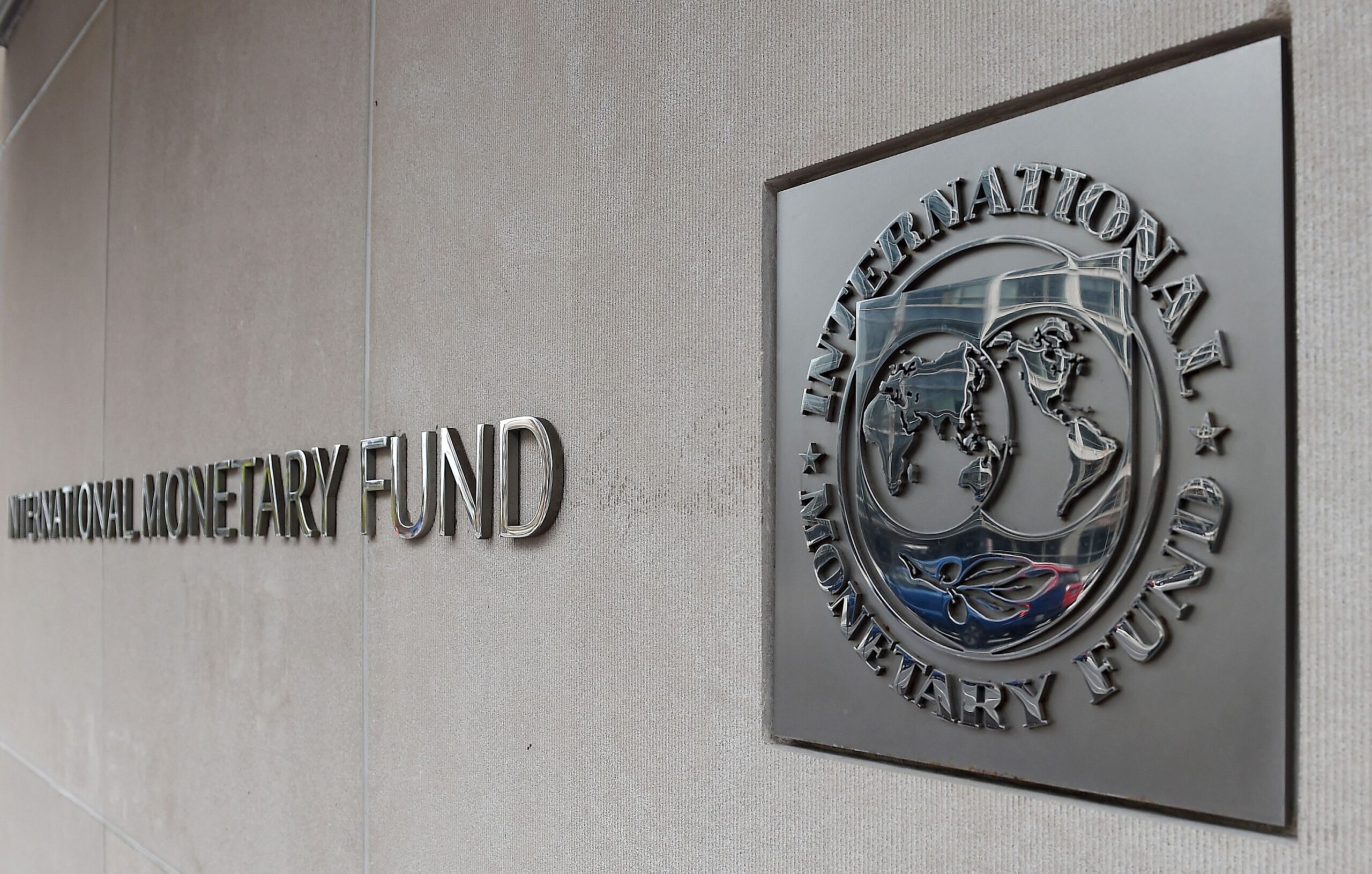
According to the latest staff country report from the International Monetary Fund (IMF), the Federal Government may need to craft a supplementary budget to accommodate the proposed hike in the minimum wage for workers. This adjustment is deemed necessary as the negotiated wage increase could surpass the budgeted amount in the original 2024 budget.
The report highlights that discussions on the wage structure may necessitate additional funding beyond what was initially allocated in the 2024 budget. Additionally, to prevent the government from resorting to fresh borrowings from the central bank’s Ways and Means, the IMF suggests raising both domestic and external borrowing ceilings.
The ongoing negotiation for a new minimum wage has been ongoing between Organised Labour and the government since the beginning of the year, aiming to mitigate the effects of the challenging economic conditions. With recent reforms in Nigeria, such as the removal of fuel subsidy and the unification of the foreign exchange market, the cost of living has risen significantly.
While labor unions advocate for an increase from the current N30,000 to N615,000 for the lowest-ranking workers, there are indications that the tripartite committee may recommend a minimum wage of N70,000.
In the 2024 budget, the government earmarked N6.48 trillion for personnel costs. However, the IMF suggests that this amount may be inadequate to cover the proposed wage increases.
The IMF report also predicts that the country’s budget deficit for 2024 is likely to surpass projections due to implicit subsidies for fuel and electricity, as well as rising interest expenses on debt.
While Finance Minister Wale Edun aims to reduce the budget deficit from 6.1 percent in the 2023 budget to 3.8 percent in the current appropriation, the IMF projects a higher fiscal deficit than anticipated in the 2024 budget. This projection is driven by various factors, including lower oil and gas revenue projections and higher interest costs.
Moreover, the IMF recommends that the government meet its financing needs from the market and external borrowing, emphasizing the importance of careful management of system liquidity and exploring options to avoid crowding out private sector credit.





